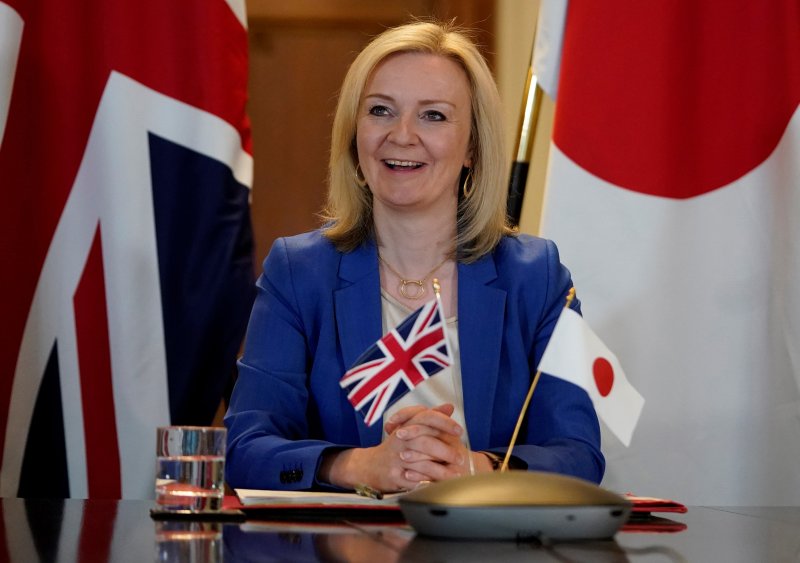
The UK is under pressure to meet Japan's six-week timetable to secure a post-Brexit trade deal, meaning industries such as food and farming could suffer.
Tokyo has given Boris Johnson's government just weeks to finalise a trade deal, which could end up being the fastest negotiation in history.
Japan's chief negotiator Hiroshi Matsuura admitted the narrow timetable would mean that both sides have to 'limit their ambitions'.
He cited a lack of time in Japan's parliamentary calendar: "To avoid a gap in January, we must pass this in the autumn session of the Diet [Japanese parliament]," Mr Matsuura told the Financial Times.
"That means we must complete negotiations by the end of July. The shortage of time means that both sides will have to limit their ambitions."
Both countries have agreed to base the negotiations on the existing EU-Japan deal, which was sealed last year.
The UK has, however, set out goals to 'reduce or eliminate' Japanese tariffs on agri-goods and 'ambitious commitments on market access' for UK services.
But the chief negotiator's comments raises concerns that the UK will not secure any meaningful quotas to sell agri goods such as beef, lamb or cheese.
Japan is a major importer of beef with a growing demand for high-quality lamb. Meat imports topped 2.23m tons last year, up roughly 40% from 2009.
In response to Mr Matsuura's comments, a Department for International Trade official told the paper: “We will be fighting for British farmers’ access to the Japanese market as part of a deal along with ambitious digital and data chapters.”
It comes as Japan lifted its import restriction on UK beef last year, three years earlier than planned following the 1996 ban.
The ban was implemented 23 years ago after the BSE outbreak, commonly known as 'mad cow disease', in the UK.
The lifting of the ban is estimated to be worth almost £130m over the first five years of gaining market access.
Japan is the UK's fourth-largest non-EU trading partner, and the UK was Japan’s 15th largest trading partner in 2019.
